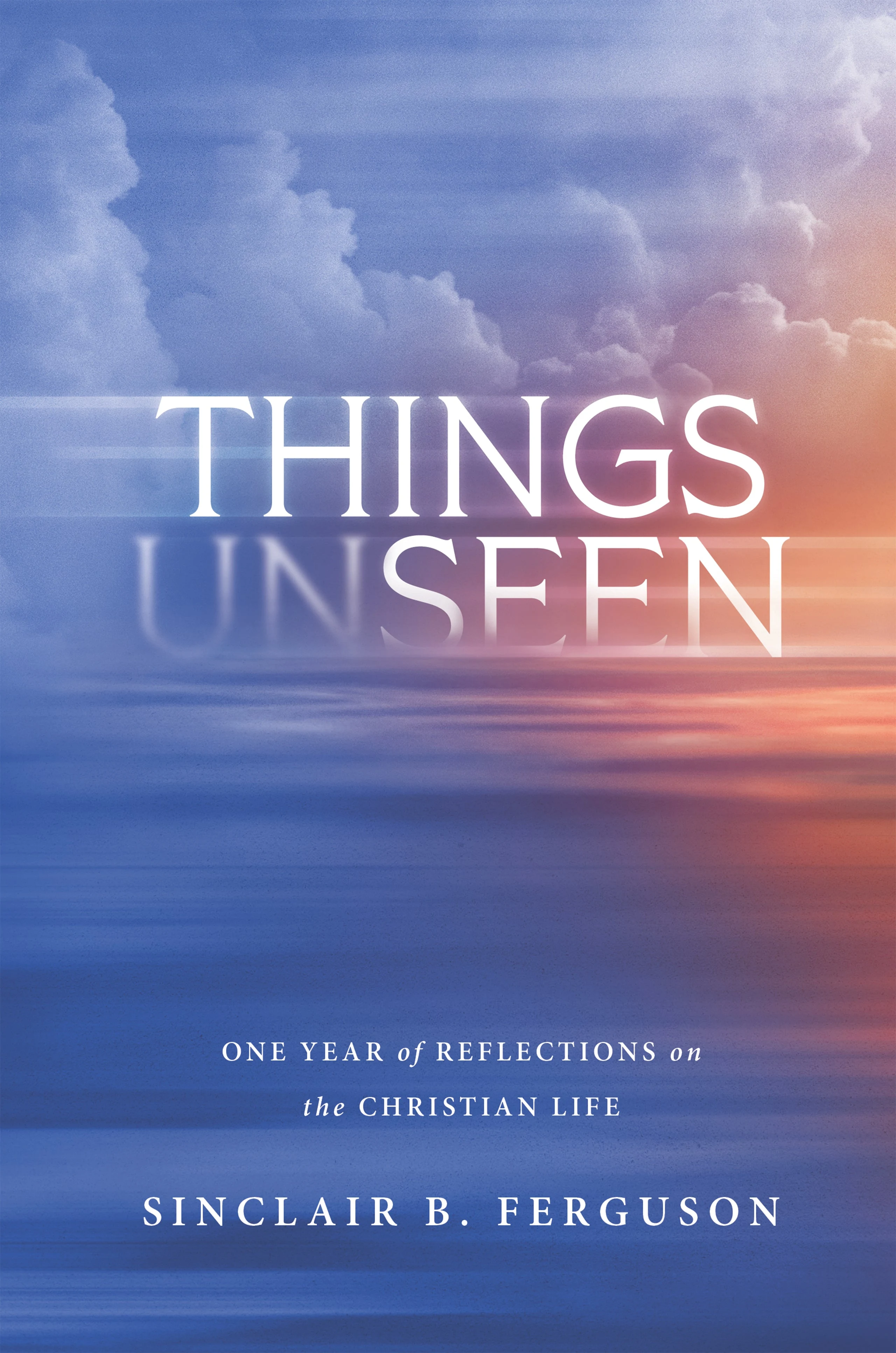Recovering Christ at Christmastime

It will soon be Christmas Day. For many people, especially those who are mothers, this is one of the busiest weeks of the year. Some of us revel in the holiday season and all the events; we love planning, and we enjoy doing. But others dread it, feeling pressure and exhaustion rather than anticipation and joy. No matter what people try to say to us about keeping things simple, we still hear an accusing voice telling us that we haven’t done enough, that we need to do more, and that we need to do it better.
When it comes to Christmas, there are also two kinds of preachers: those who love it and those who dread it. After all, the more familiar the story, the greater the pressure most ministers feel preaching about it. The weight of the occasion can crush them rather than carry them. But underneath these different feelings we can have about Christmas, we all need one and the same thing. We all need the real message of Christmas.
Ministers may often tell their congregations that Christmas is the most secularized time of the year and warn them not to fall into that trap. But I suspect that is really a counsel of despair, because law never works grace. What we need is more than a warning. We need what Thomas Chalmers called “the expulsive power of a new affection.”
It’s impossible to overemphasize how important this principle is, not just at this frenetic time of the year or in connection with Christmas. It’s true of the entire Christian life. And although Chalmers’ sermon called “The Expulsive Power of a New Affection” was on John’s words in 1 John 2:15—“Do not love the world or the things in the world”—it’s perhaps especially the Apostle Paul who emphasizes how important this principle is in helping us to not love the world.
How can we do this? That is the million-dollar question, not least because it’s surprisingly easy for us to turn this principle into another rod to beat our backs. We can be tempted to say to ourselves: “I need to get a new affection. I need to try harder to get it. Thomas Chalmers tells me I need it.”
Is Jesus central in my life day by day during the rest of the year?
Years ago, when I was a minister in Scotland, I developed a personal tradition on Christmas Eve. I’d park a little distance from the church and walk across the brightly lit and decorated city square as I headed to the late-night Christmas Eve service. It was a way of preparing my spirit for what I would preach—preaching to people who scarcely ever, perhaps, went to church.
One year, I noticed two police officers standing beside the life-sized nativity scene in the square.
“Guarding the manger?” I said to them, thinking that a friendly conversation might begin.
To my surprise, one of them said: “Yes. Last year, someone stole Jesus.” Those were prophetic words, for that police officer was saying more than he likely realized. He had put his finger on the heart of the problem: we’ve allowed Jesus to be stolen at Christmastime (and often during the rest of the year). But it is Jesus alone who is the power of a new affection.
But before we think about how to recover Him at Christmastime and experience the power of a new affection for Him, there is something else important to note.
Perhaps the reason that He is not central to us at Christmastime is that He has been stolen from our lives long before Christmas. So the first issue to settle is really this: Is Jesus central in my life day by day during the rest of the year? If not, why would I imagine that He will suddenly become central to me on Christmas Day?
Perhaps today we need to pray Richard of Chichester’s famous prayer: “Lord, for these three things I pray; to see Thee more clearly, to love Thee more dearly, and to follow Thee more nearly, day by day.”
Editor’s Note: This article was originally published on December 3, 2024.


